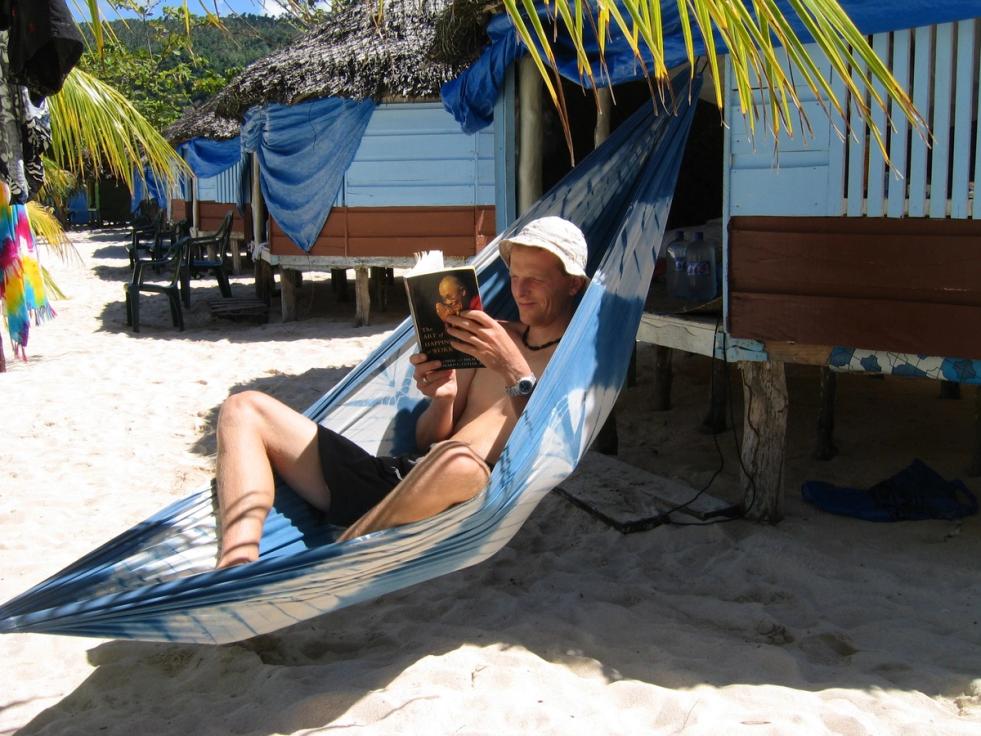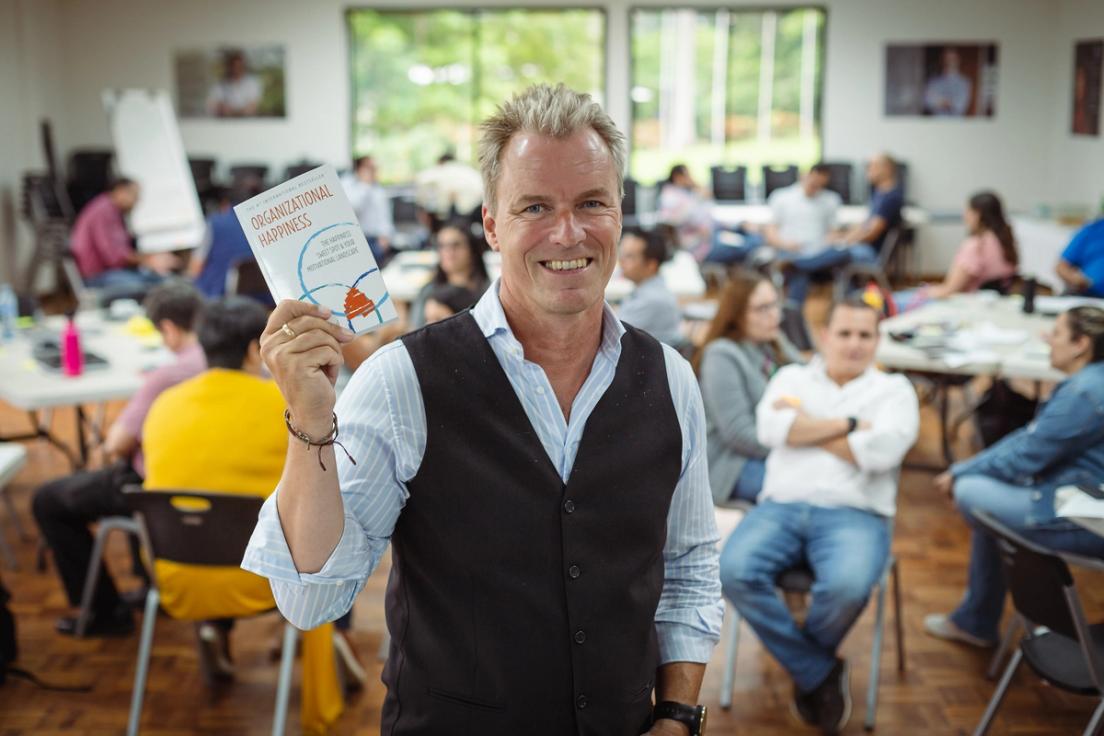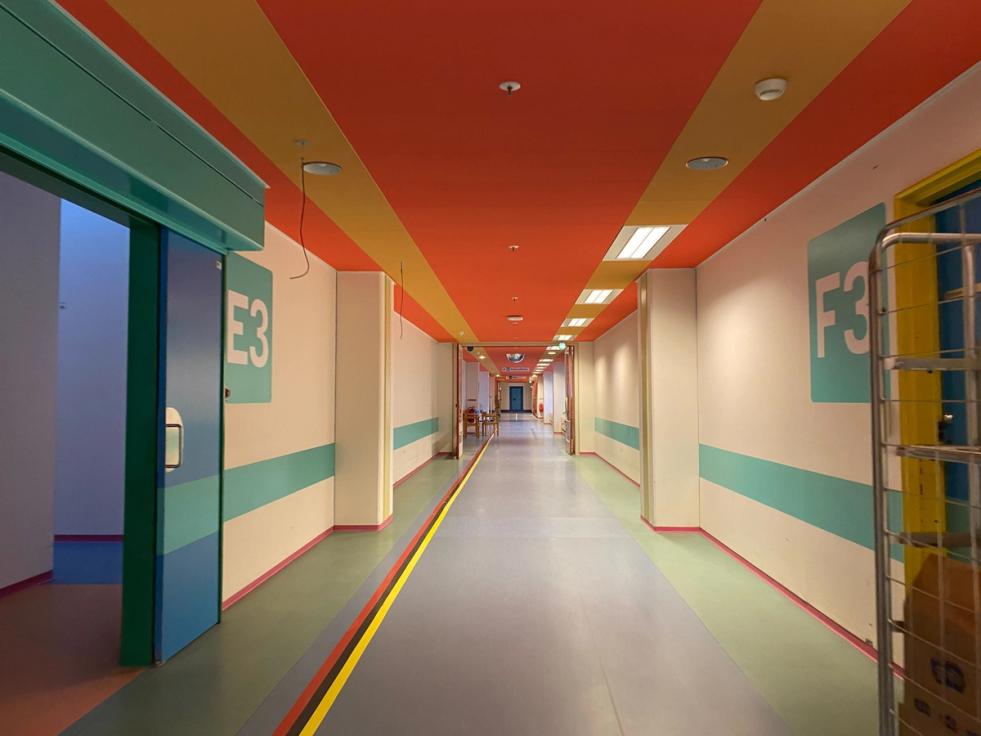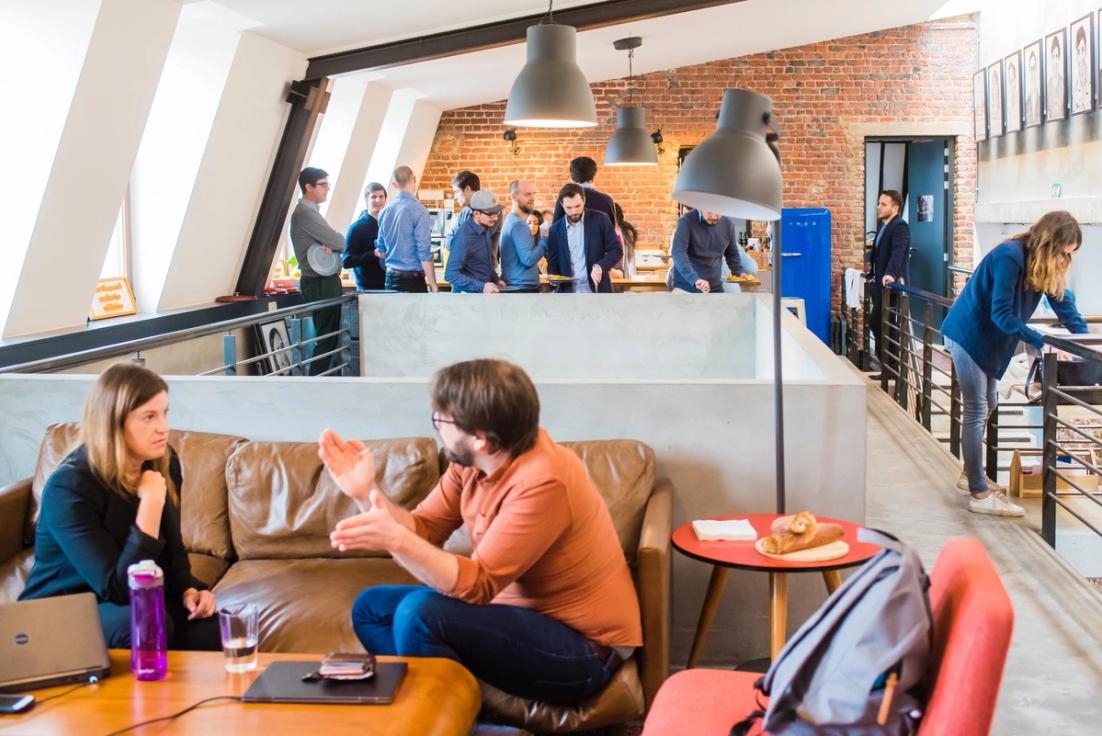When were you last in Flow - for real?
Flow, also known as "being in the zone," is a mental state where you're completely absorbed in a task, experiencing deep focus, enjoyment, and a sense of effortless progress. It's that feeling of being so engaged in what you're doing that time seems to fly by and you lose track of everything else around you.
The concept of Flow was first introduced by the Hungarian-American psychologist Mihaly Csikszentmihalyi in the 1970s, when he began his research within the field of performance.
Csikszentmihalyi found that when people are in flow, they are not only having what he ended up calling “optimal experiences” - they are also doing better work!
“Finding our zone” is thus really important for not only our mental health and ability to thrive at work, but also our ability to perform.
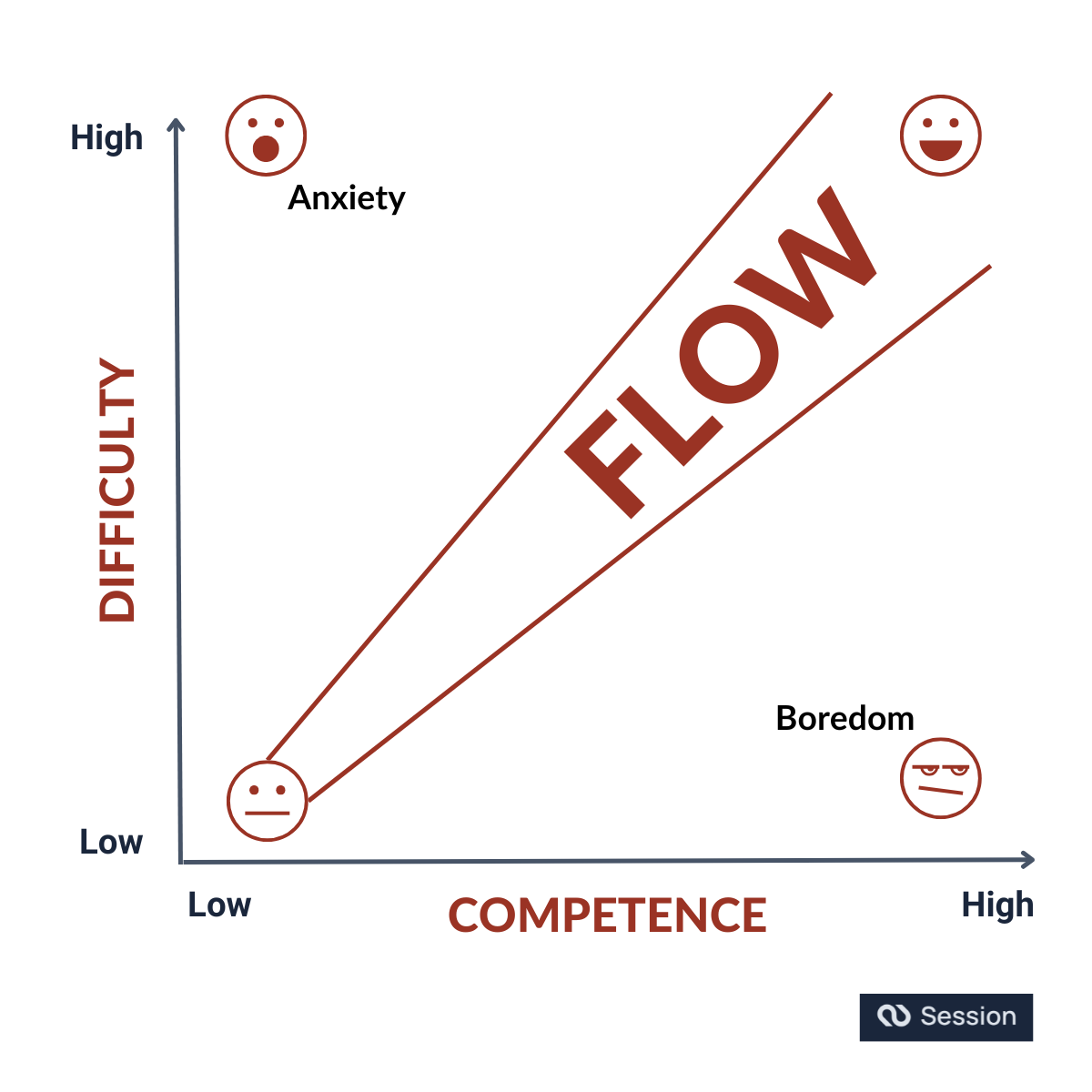
There are several things you can do to make sure to create more optimal conditions for flow at work:
1. Choose the Right Challenge:
- Find activities that stretch your skills: Flow happens when there's a balance between your skills and the challenge at hand. If it's too easy, you'll get bored; too hard, you'll get anxious. Look for activities that push you just enough.
- Vary your activities: Don't get stuck in a rut. Explore new hobbies, learn new skills, and vary your routine to keep your mind engaged.
2. Set Clear Goals:
- Define your objectives: Having a clear sense of what you're trying to achieve helps you focus your attention and effort. Break down larger tasks into smaller, more manageable goals.
- Monitor your progress: Track your progress and celebrate small wins along the way. This provides a sense of accomplishment and motivates you to continue.
3. Eliminate Distractions:
- Create a distraction-free environment: Find a quiet space where you can concentrate without interruptions. Turn off your phone, close unnecessary tabs on your computer, and let others know you need focused time.
- Mindfulness and focus: Practice mindfulness techniques to improve your focus and attention. This can help you stay present in the moment and avoid getting sidetracked.
4. Find Your Passion:
- Engage in activities you enjoy: Flow is more likely to occur when you're intrinsically motivated and genuinely enjoy and are happy with what you're doing. Choose activities that align with your interests and values.
- Cultivate curiosity: Be open to new experiences and explore different activities to discover what sparks your passion.
5. Take Care of Yourself:
- Get enough sleep: Being well-rested is crucial for optimal cognitive function and focus.
- Manage stress: Chronic stress can interfere with your ability to concentrate and enter a flow state. Find healthy ways to manage stress, such as exercise, meditation, or spending time in nature.
6. Practice, Practice, Practice:
- Develop your skills: The more skilled you become at an activity, the more likely you are to experience flow. Dedicate time to practice and improve your abilities.
- Be patient: Flow doesn't always happen instantly. It takes time and practice to develop the focus and skill needed to enter a flow state.
By incorporating these tips into your daily life, you can increase your chances of experiencing flow and reap the many benefits it offers, including increased productivity, creativity, and overall well-being.
Key Sources
- Csikszentmihalyi, M. (1975). Beyond boredom and anxiety: Experiencing flow in work and play. San Francisco: Jossey-Bass.
- Csikszentmihalyi, M. (1990). Flow: The psychology of optimal experience. New York: Harper & Row.


